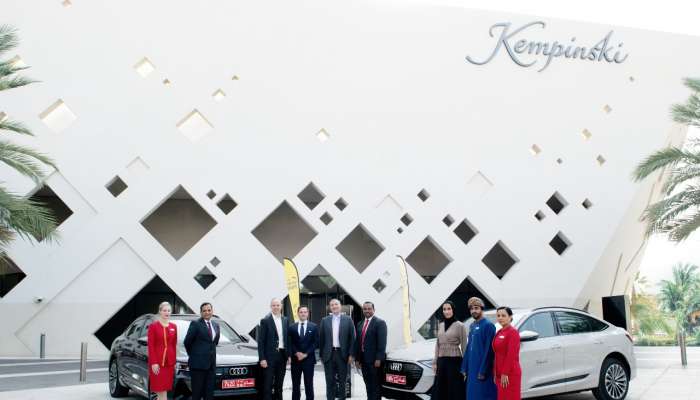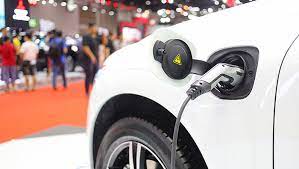

Muscat: Public Services Authority Regulation has issued a regulation to govern the electric vehicle charging activity.
According to the law, no person is allowed to construct and install a private or public electric charging point until they obtain the approval of the electricity distribution licensee after providing them with all necessary data.
The article 3 of the law reads: “Every person who owns or operates a private or public electric charging point must comply with the regulatory and technical requirements approved by the authority and the concerned authorities.
According to article 5 of the law, “The tariff specified in accordance with the provisions of the approved tariff regulation for connection and supply of electricity shall be applied to the consumption of the aforementioned electric charging point, and according to the type of category of consumption for subscriber account.
Adding that: “The tariff specified in accordance with the provisions of the Tariff Reflective Regulation of the aforementioned cost shall be applied to the consumption of the public electric charging point, without being restricted to the minimum electricity consumption.”
In addition, the law allows people to obtain a private electric charging point at home according to article 8: “The property owner is responsible for installing and operating the private electric charging point, and if the property is rented, the tenant must obtain the written consent of the property owner before installing or commissioning a private charging point. In all cases, the property owner remains responsible for the tenant's obligations in the event of non-compliance updating the subscriber's account data in the name of the lessee in the system of the licensed electricity supplier.
Article (9): The owner of the private electric charging point shall bear the costs of the sub-meter for measuring the electric vehicle charging consumption and the costs of its installation.
Article (10) read, the owner of a private electric charging point is prohibited from allowing others to benefit from the services of the electric charging point its own for commercial purposes.